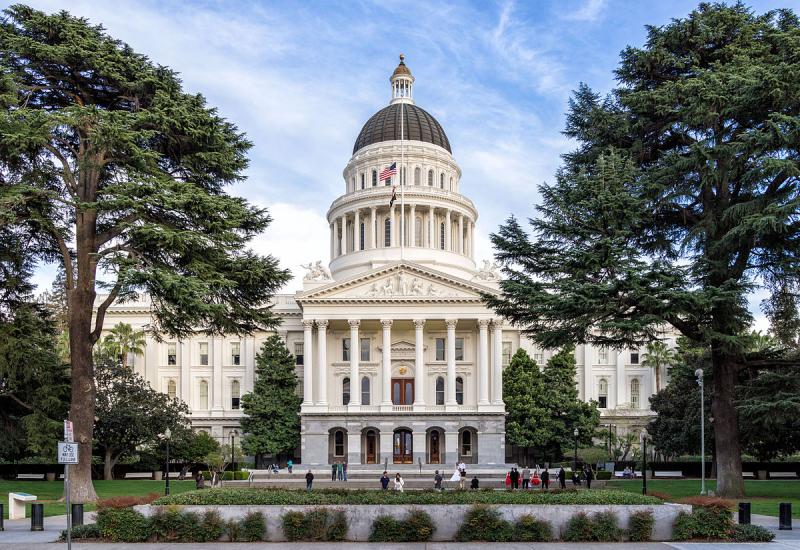CA Legislature Approves Sen. Skinner’s Bill to Protect Youth from Social Media Addiction
California youth will receive protections from the dangers of social media addiction under SB 976, a bill by state Sen. Nancy Skinner, D-Berkeley, that the legislature approved Saturday.
“Social media companies have designed their platforms to addict users, especially our kids. Studies show that once a young person has a social media addiction, they experience higher rates of depression, anxiety, low self-esteem, and suicide. But social media companies have been unwilling to voluntarily change their practices,” Sen. Skinner said. “With the passage of SB 976, the California Legislature has sent a clear message: When social media companies won’t act, it’s our responsibility to protect our kids.”
SB 976, Protecting Our Kids from Social Media Addiction Act, is sponsored by California Attorney General Rob Bonta, the Association of California School Administrators, and Public Health Advocates, and is supported by the American Academy of Pediatrics and a large coalition of educators, health professionals and advocates for families and children.
Over the years, social media companies have purposely designed their platforms to addict users to increase profits. Research shows that youth are particularly susceptible to psychologically manipulative algorithms that induce young users to compulsively spend time on platforms. The Centers for Disease Control and Prevention reports that children in the U.S. spend between 6 to 14 hours per day in front of a screen, with much of that time viewing social media content.
Social media companies keep youth addicted with features such as notifications to their phones, tablets or laptops that lure kids back to the platform or app at all hours of the day. And research has linked social media addiction among youth with higher rates of depression, anxiety, suicides, lack of sleep, and low self-esteem.
Last year, U.S. Surgeon General Dr. Vivek Murthy released a Surgeon General’s Advisory on Social Media and Youth Mental Health, stating that “the mental health crisis among young people is an emergency ‑and social media has emerged as an important contributor.” The Surgeon General urged action by policymakers, technology companies, and others to minimize the harms and protect our children.
SB 976 would require platforms to have default settings for minor users that prevent kids from being sent addictive feeds and prohibit notifications during overnight hours and during the school day. Parents can override these defaults, however, there are no other parental controls in the bill. And to further protect youth, SB 976 would make a minor’s social media account automatically private.
Specifically, SB 976 makes platforms safer by requiring social media companies, for users under the age of 18, to have these default settings:
- No addictive feeds for users under 18;
- No notifications during school hours and between midnight and 6 a.m. on school days;
- And minors’ accounts must be set to “private” to protect youth privacy.
Recognizing that the internet and social media platforms can be a vital source of community for some young people, the bill does not contain any content controls, and protects the ability of youth to seek out communities and build connections online in a structurally safe way.
Specifically, SB 976:
- Allows youth to search any type of content they choose without parental interference;
- Does not restrict youth from contacting users of their choice or engaging with the platforms or services they choose;
- And does not give parents access to their child’s social media or content.
The only two parental controls under SB 976 allow for parents or guardians is to:
- Allow their children to receive notifications during the restricted times;
- Permit their kids to receive addictive feeds.
Parents cannot override the privacy default setting for youth.
Earlier this year, New York became the only other state to adopt legislation similar to SB 976.
SB 976 now goes to Gov. Gavin Newsom’s desk.
Sen. Nancy Skinner represents the 9th Senate District and is chair the California Legislative Women’s Caucus and the Senate Housing Committee.
